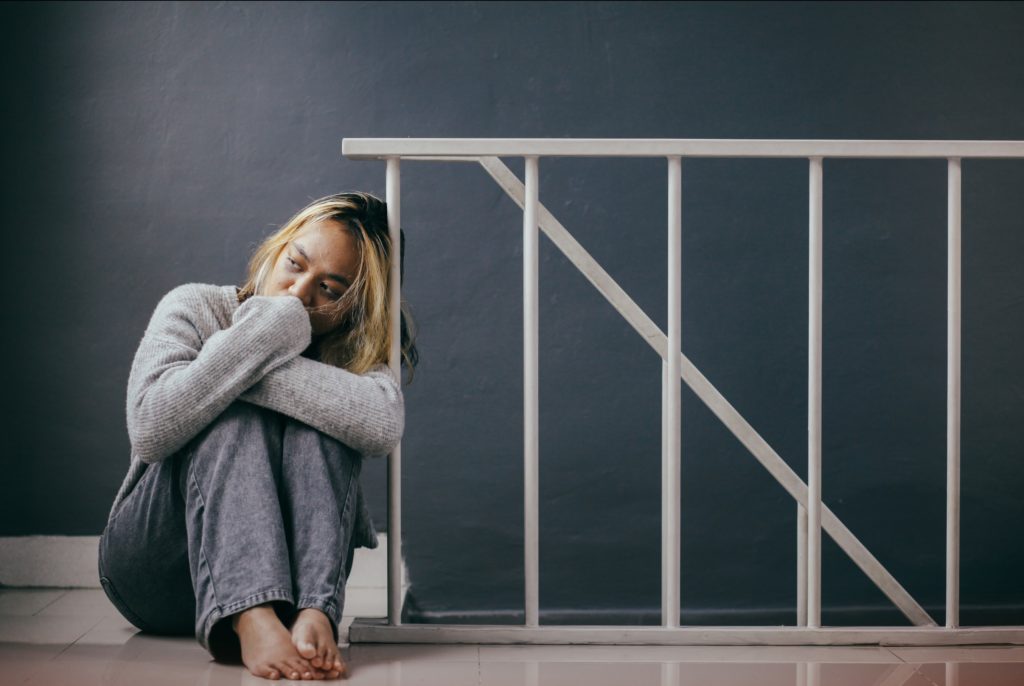If there’s one thing we don’t like at Harmony Health Group, it’s a bully. Those that try to push others around, to hurt others, to kick people when they’re down are some of the most challenging people in the world.
How Can Bullying Affect Your Mental Health
Bullying is hurtful and can leave lasting marks on people who were bullied as children and teenagers. These marks can include substance abuse disorders such as alcoholism and drug addiction.
But people who are bullies are also at increased risk for these disorders. Have you ever heard the phrase, “hurt people hurt people.” Sometimes, bullies at school are bullied at home, by parents, siblings or other family members. Many times bullies strike out at others, they try to make others feel small, so they can feel larger. This, of course, never excuses bullying.
Bullying is never OK, under any circumstances. But because it can leave lasting marks into adulthood, especially with substance abuse disorders, it’s helpful to understand what bullying is, how bullying works, what lasting effects on mental health it might leave, and what can be done about it.
In this post we’ll discuss bullying and its mental health effects.
What Is Bullying, Exactly?
The United States Government, in its Stop Bullying program, defines bullying as “unwanted, aggressive behavior among school aged children that involves a real or perceived power imbalance. The behavior is repeated, or has the potential to be repeated, over time.” They also note it can leave lasting effects for both those who do the bullying and those who are bullied.
In order for these acts to be considered bullying, rather than fairly routine childhood teasing and roughhousing, the acts must be aggressive, be repeated, and hold some kind of imbalance of power. This can include when one child is older than another, when one child is bigger or stronger than another, when one child’s family has more money than another, when one child has access to embarrassing information or photos than another, and more.
There are many types of bullying as well, including verbal bullying, like teasing, taunting, threatening, name calling, and inappropriate sexual comments; Physical bullying, where perpetrators hurt or sexually abuse other adolescents or teenagers; and social bullying, where those doing the bullying attempt to make another a pariah and embarrass them in front of others.
How To Know If A Young Person Might Be Bullied?
The best way to know if a young person is being bullied is to ask them. But out of shame, fear, or other reasons, they might not tell you the truth. There are some signs that you can watch for, though, to tell if someone you love is being bullied. These include:
- Fear of going to school, or changing routes on the way to school
- Unexplained wounds, like bruises
- Unexplained loss or damage of personal property, like missing or damaged school clothes and shoes
- Reduction in school grades
- Emotional changes like fear, unexplained crying, anger, or anxiety
- Isolation, seeming to be excluded from other groups of children
- Is missing money, or starts stealing
- Changes in sleep and eating habits
- Faking illnesses to stay home from school or playing “hooky”
Just because your child or loved one displays any of the symptoms above, doesn’t necessarily mean they are being bullied, but when many are happening at once it may be time to start asking questions. Alternatively, those who experience bullying may not display any obvious symptoms and it may be harder to spot. The best way to know is to communicate, and this begins by keeping good lines of communication open with your child or loved one.
How Does Bullying Affect Mental Health?
As mentioned above, bullying can have lasting effects on both those who are bullied and those who are doing the bullying. Students who are bullied often have lower self-esteem, experience depression and anxiety, and can experience tangible changes such as dropping grades or absenteeism. In an incredible statistic from the medical journal Abnormal Child Psychology, “For all bullied students, 27.6% of the boys and 40.5% of the girls had scores within the clinical range [for Post Traumatic Stress Disorder]” at the time of bullying.
As many as 20 percent of people who are bullied as children grow up to have mental health problems later in life, including substance abuse problems. Being bullied as a child can also lead to social anxiety and clinical anxiety, as well as depression. Perhaps one of the worst effects of bullying in adults is loss of trust. If no one stands up for you as a child this can cause trust loss in others and society in general.
Those who bully are at increased risk to perform risky behaviors as young people, including vandalism, substance abuse, and early sex.
Help For Substance Abuse Disorders Associated With Bullying
If you or a loved one are experiencing bullying, help is available. Help is also available for those who have developed alcohol or drug addiction in part as a result of bullying. If you or a loved one suspect you may have a substance abuse disorder, give us a call at (828) 347-9322 and we can help create a treatment plan to get— and keep— you sober.

